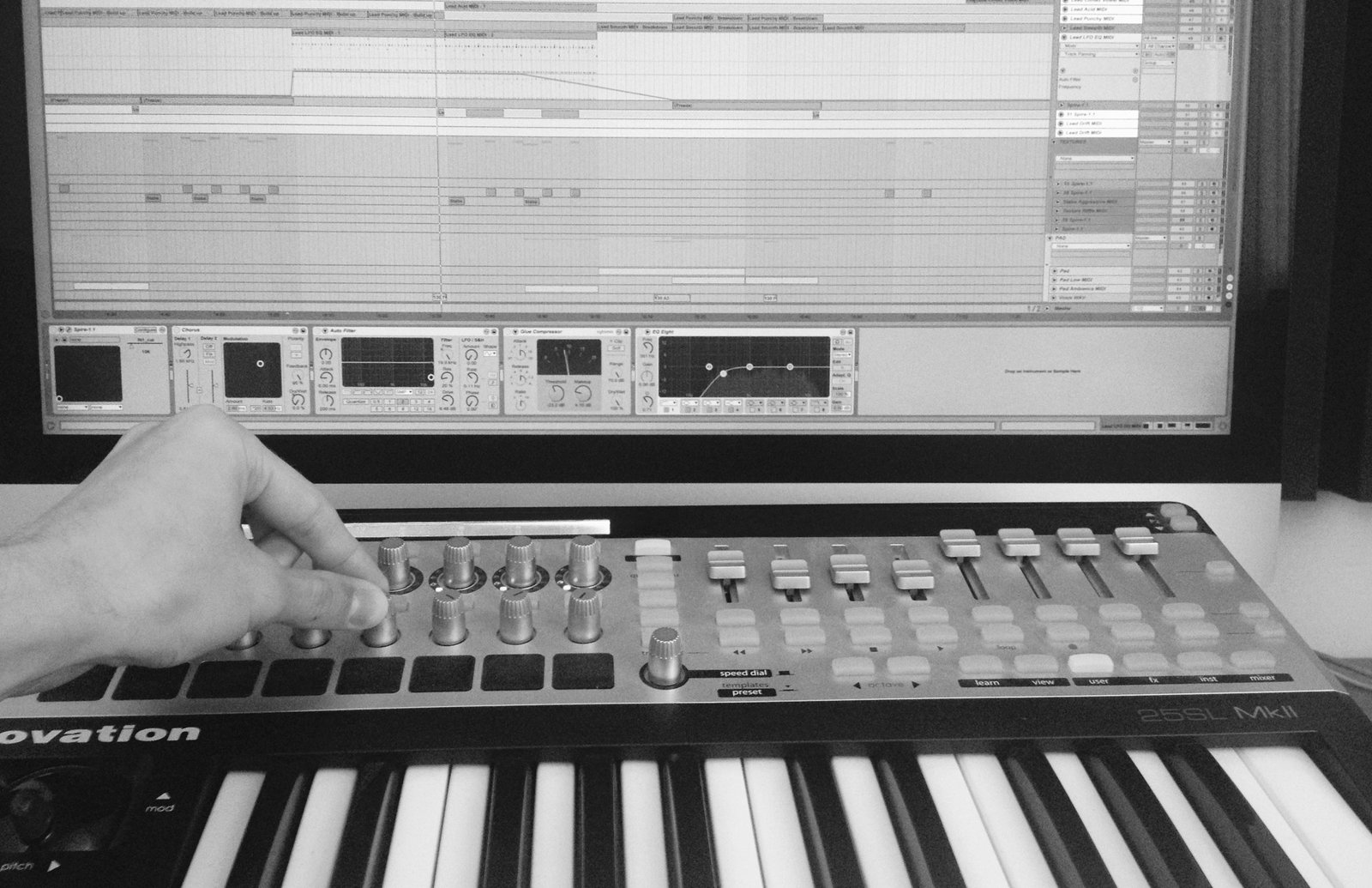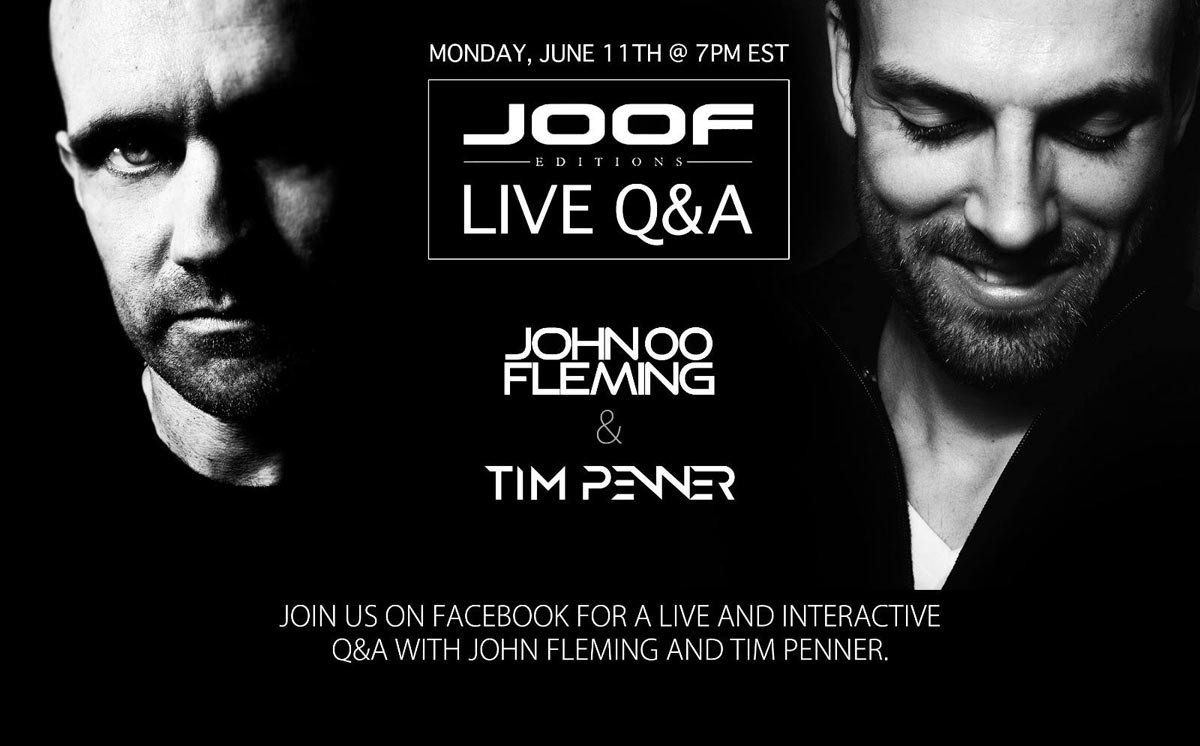Goal matters. Understanding why are you making music is important
When people ask me how to start making music, I answer with a counter-question: “Why do you want to do that? What is your goal?”.
The answers vary, but more often than not they can be divided into two groups: to make music “for myself” (just for fun, to show my friends etc.) and “for a career” (to turn music into a profession, to make a living on it).
It would seem, what is the difference? Here some dude does something at the computer, pressing buttons and spinning knobs. Why should anyone be bothered with this goal question?
But there is a big difference.
Imagine that you like to cook food. You haven’t had any special training, but you love to eat good food and treat your loved ones. You can make ratatouille, chilli con carne, or pad Thai. Or you can not cook anything if there is no necessary products or you just feel lazy today, and just order a pizza. In this sense, you have complete freedom, and your loved ones will likely enjoy whatever you cook.
It is quite another story if you are a chef. Before you get a job, you must learn culinary science, food chemistry, food processing, stock management, delivery, and much more. While cooking, it’s also important to follow the recipe, keep the yield of the product, and watch the serving, because the restaurant has certain standards and the customers have expectations. About fourteen years ago I was thinking about a career as a chef, so I know a little bit about it.
Well, in music, it’s the same.
Making music “for yourself” means being like a free painter: if you want to write it, you write it, if you don’t want to write it, you don’t write it. If you want to write something super unusual, even if it seems like bullshit to others, no problem, you can always say that it was “the author’s idea”. There are no standards. There is no external deadline. In short, do whatever you want.
It’s quite different if you aim to be a professional producer. You need to know the production, sound design, acoustics, arrangements, composition, and mixing – and that’s just the basics to make a high-quality track. Then there is more: you need to know the industry, know how to market yourself, bring the music to the audience, negotiate, plan the budget, understand the contracts, organize yourself, play DJ sets and do many, many more things. After years in my music career, I know a little bit about that.
To summarize, to do something professionally, you have to know more related disciplines, understand the market, and work hard. A lot. And if you generalize even more, for a hobby, the process is important, while for a profession the result is important. I think that’s the main difference.
In a hobby it’s the process, in a profession it’s the result
I want to end with an important point: You don’t have to become a professional. Don’t have to build a career. Cooking a meal for loved ones or making music for yourself is fine. If you enjoy the process, just enjoy it.


